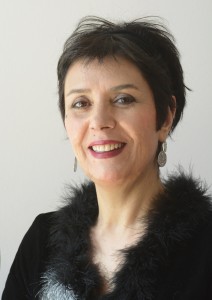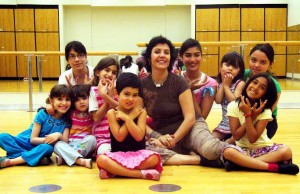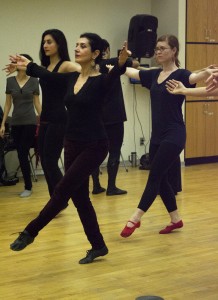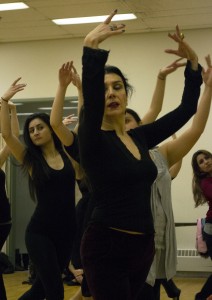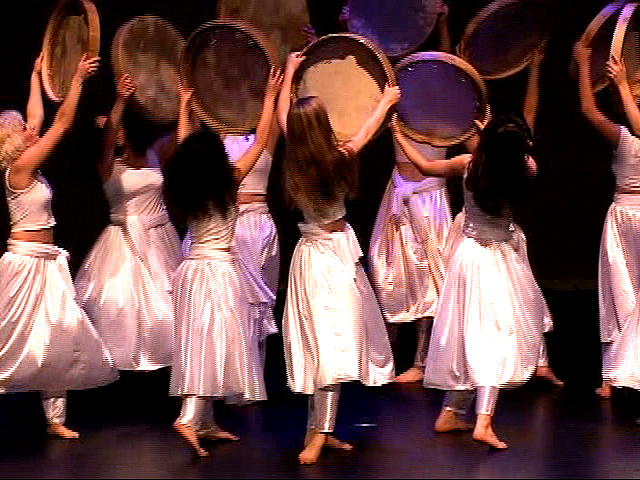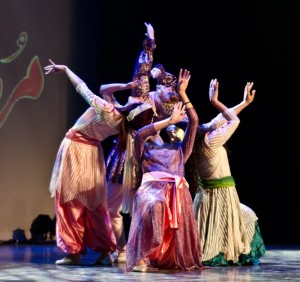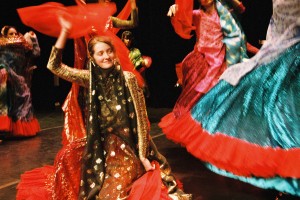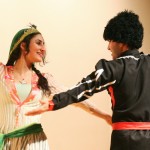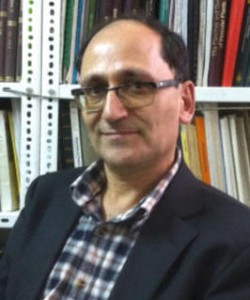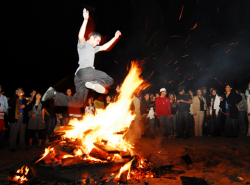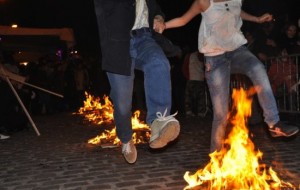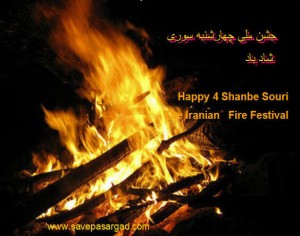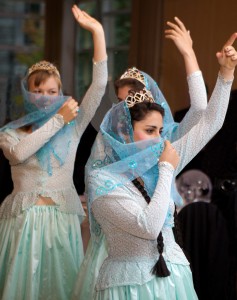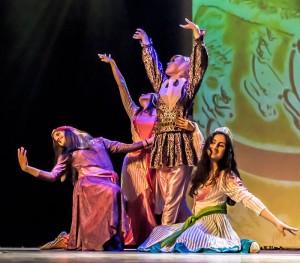The personality of the year 2014, for the category of “Art & Culture”
Aram bayat, a distinguished teacher, choreographer and dancer, has been recognized as the personality of the year in the category of of art and culture, due to her:
– Efforts to preserve the Iranian artistic dances for more than two decades
– Familiarizing the Iranian children with their cultural heritage in the art of dancing
– Working creatively on Iranian dances with the goal of updating them to recognized international standards
– Setting up the first Iranian folk dance school immediately after the time when dancing in public was banned in Iran
– Setting up the first Iranian dance group, called Khorshid-Khanum, in Canada
– Providing dance education for hundreds of Iranian and non-Iranian children and teaching them about this banned art by the Islamic republic of Iran
CURRICULUM VITTAE
Aram Bayat
Aram Bayat graduated from the Institution of Iranian National and Folkloric Dance in Iran, and professional Photography in Dawson College, Montreal, Canada. She continued her studies in the Digital Imaging and Sound program at Concordia University.
Aram’s artistic career started as a dancer and choreographer for the Ministry of Art and Culture in Tehran, Iran. After the Revolution in 1979, due to the fact that dance was banned in Iran, She forced to leave Iran, and was finally established in Montreal 1988. This experience that changed her life also deeply effect her career as choreographer & guided her to find a new vision of Dance. With this experiences & realized the importance of developing her knowledge of Dance She discovered a new way of self-expression through Dancing. Over the last 25 years in Canada, she has worked as a Choreographer & Dance Instructor, and she founded Khorshid Khanoom (ms.sun) Dance Company in 1995 in Montreal.
In all these years, along with teaching, choreographing and stage performance, she welcomed any activity that contributes to the further introducing Iranian dance and its special conditions after Islamic revolution in Iran, attending seminars, Speaking, interviewing, writing articles, and participating documentaries about Iranian dance: La classe d’Aram by Jeroen Deraeve and Sun Dance forbidden by Lila Ghobady which have been screened in dozens of cities around the world. Also numerous research in Persian diverse and colorful culture especially those who had get less attention.
For more than quarter of century through a multitude of performances, productions, she has continued to work, develop and exercise artistic voices while living outside the boundaries of her homeland. Although for the most part of her creation she has been lived in the west her work utilizes formal contemporary art-making strategies while maintaining strong connections with Eastern tradition. The subject matter of her work covers a variety of issues ranging from cultural identity to personal explorations of gender, and social/ political commentary.
Along with dozens of short dances which have create for different occasions and performed br Khoeshid Khanoom Dance group , She also create numerous independent narrative dances witch performed on various stages in Canada. U. S. and Europe.
Major Choreographies (Independent shows):
Parvaz (Fly)- 1990
Movement, Rhythm, Color and Light- 1993
Maral’s Fairy Tail (ghesaye Maral)- 1998
Blue Nostalgia (Roya-ye-Termeh-Aabi)- 1999
Of Love Peace and Joy- 2003
Stone, Ashes& Hasrat (unfulfilled disaier)- 2005
B.B.Baff (A type of carpet made by the Bakhtiari people of Iran)- 2007
Dance along the Silk Road- 2010

